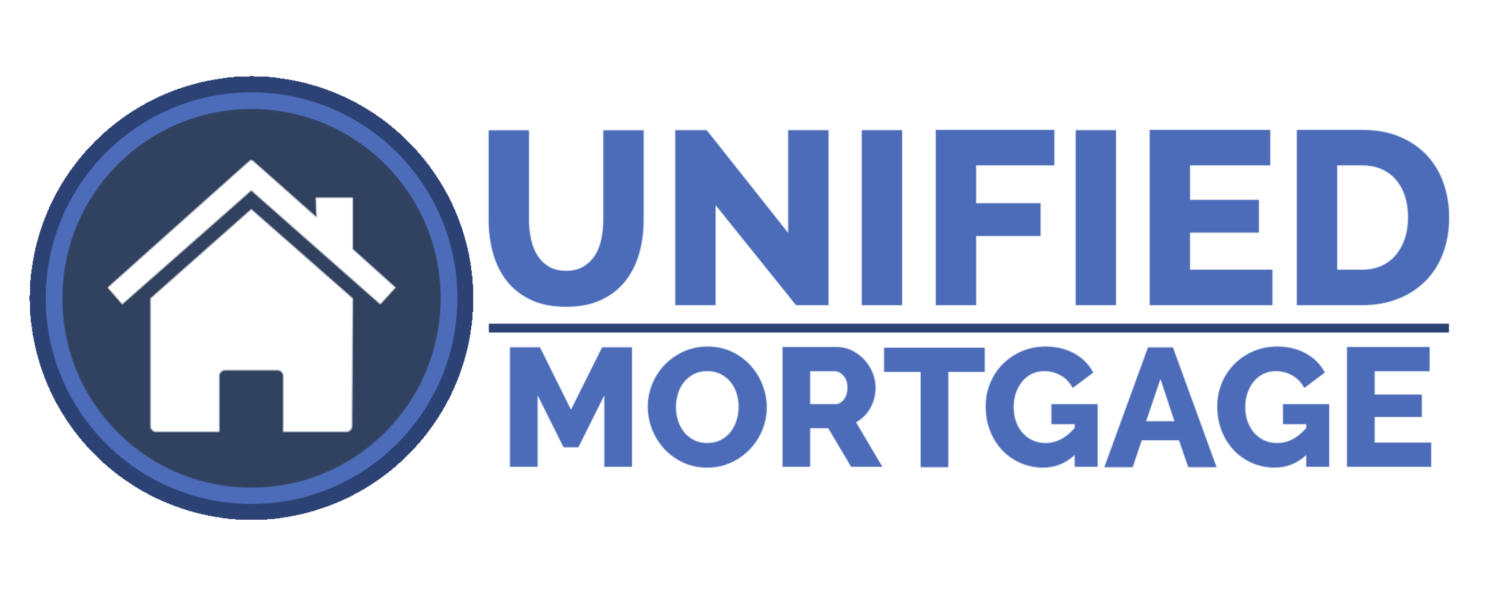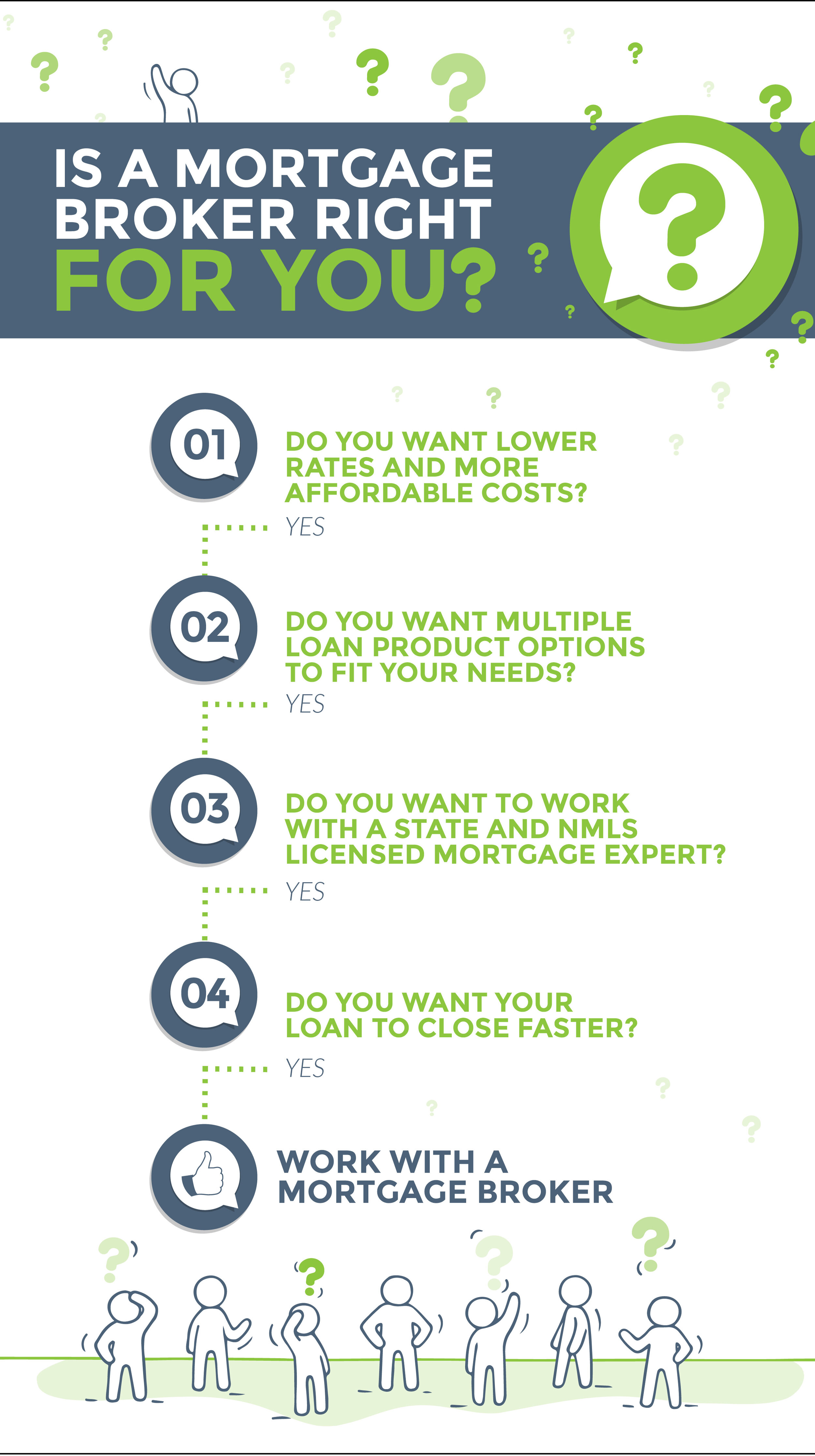First-time Home Buyers Guide - Part 1
STEP 1 - PREPARE & GET PRE-APPROVED
So, it started with a dream. Then the sparkly, beautiful dream of home ownership rapidly evolved into an ever growing puzzle of mortgage vocabulary: rates, payments, principle, interest, insurance, taxes, agents, and open houses. If your head is spinning, there is no need to worry. Just sit back and relax. Follow our friend through her home-buying journey with our ultimate guide for first time home buyer’s.
What You Need to Know, Where to Start, Mistakes to Avoid, & What to Do Next.
It's a new day and Jenny American woke up sick and tired of paying rent. She’s had enough, plain and simple. She works hard for her money and no longer wants her hard earned dollars wasted by building equity in someone else's portfolio. After all, that is what's happening when every month her landlord pays down his own mortgage, or collects a profit from his rental property-- with her rent. Can you blame him? At the end of the day, he's just going for his own American dream. Now, Jenny feels prepared to take that next step. She is ready to make the change her landlord made so many moons ago, or is she?
Whenever examining one's finances it's important to look the whole picture. Equity building via mortgage reduction is only one benefit of buying primary residential real estate. It doesn't end there.
7 reasons people choose to purchase a home:
1 Pride of Ownership
2 Home & Property Appreciation
3 Mortgage Interest Deductions
4 Property Tax Deductions
5 Capital Gains Exclusions
6 Preferential Tax Treatment
7 Equity Loans
(Consult a financial planner to see how home ownership best fits into your tax strategy and long-term financial goals.)
Colorado’s median monthly housings costs for renter-occupied housing in between: $901-$1,200
- American Community Survey [AKA Census Bureau] 2019
Jenny is motivated. She's spoken to a planner and gotten her finances in order. She has been working on rebuilding her credit, and her debts are almost all paid-off. After some buckling down her savings are looking pretty healthy. Over past few days she's done some reading and come to find that the minimum *FICO Score required for a conventional mortgage is 620, she's feeling pretty good with a 780. But, before calling her realtor, hitting the pavement, and checking out some open houses, she still needs to find out how much house she can afford.
The maximum allowed debt ratio for a qualified mortgage is 43%. That’s calculated by how much you owe each month divided by how much you earn (gross). J.A. has calculated her debts. With an estimated 28% debt to income ratio she knows she’s well below the threshold, but what is a qualified mortgage?
"A qualified mortgage is a category of loans with certain, more stable features that make it more likely you'll be able to afford your loan." (e.g. Conventional, FHA, VA, USDA)
— Consumer Financial Protection Bureau, CFPB
So far, she knows her credit score, and has a good understanding of her overall monthly debts. Some big questions still need to be asked. What’s most important to her, is it interest rate, or is it size of the monthly payment? How long do you plan on staying in this house? How much do you have saved for a down payment? How set up will you be (financially) after making your down payment and new monthly payment? Will you be the only one on the title?
Think about this, statistics show that most first-time home buyers will move out of their new homes within 7 years of the original purchase. So, if this is your forever home, there may be a few things to consider. The flexibility in Conventional loans comes with more stringent credit requirements. For instance, Conventional programs offer the opportunity to drop mortgage insurance after the borrower reaches 20% equity in the home. In other words, when the amount borrowed is less than or equal to 80% of the original loan amount, mortgage insurance on the property is then eligible for removal. Compare this to an FHA loan which requires up front mortgage insurance for the life of the loan. However, FHA loans also have lower credit requirements among other benefits, making them great resources for many.
Home Buying Myth #1: “I need 20% down to buy a home.”
Like many American’s, our Jenny has heard that you need to put 20% down to buy a house. She’s not alone. One of the most common home buying myths is that you need to have a 20% down-payment to buy your home. The truth is, certain Conventional loan programs do ask for 20%, but there are other programs such as the Conventional 97 (available to first-time home buyers, defined as at least one borrower not having owned a home within the past three years.) With a Conventional 97 first-timers can achieve their goals by putting down just 3% of the over all loan amount. While conventional loans do not allow for 100% financing, they do allow for 100% gift-funded down-payments, in that way creating an avenue to fully finance a payment. This means it is possible that all the holiday and birthday money stacking up in Jenny's account could eligible for a down payment.
Independent Broker or Retail Bank ?
Some companies love to tout their low prices as a sign that they're the best in the business. But when you take a closer look, added fees, long delays, and other problems can end up costing you a lot more.
The same is true for your mortgage.
You can go with big banks or retail loan companies, or, you can choose a local, independent mortgage broker.
They have access to lower wholesale rates that banks and retail lenders can't match.
They shop hundreds of options to match you with just the right one.
They can get you to the closing table in 20 days or less.
Jenny’s prepared her finances, chosen a trusted broker, and together they have set responsible, manageable mortgage goals. Now, she wants to jump in and test the waters. Her independent broker will go over all of these details and provide her a Lender Letter showing (given the circumstances) how much lenders are willing to lend. This way her realtor can now move ahead with confidence and guide her on through down the road to her new home.
*FICO is a registered trademark of Fair Isaac Corporation in the United States and other countries.
Written By: Alistair E Clay, MLO - Licensed Broker - NMLS1714618 - Unified Mortgage Corporation - Denver, Colorado




